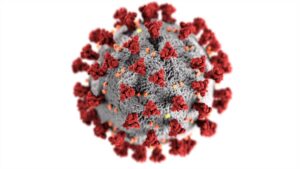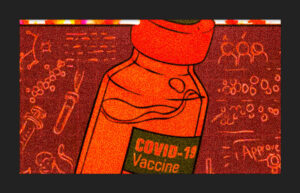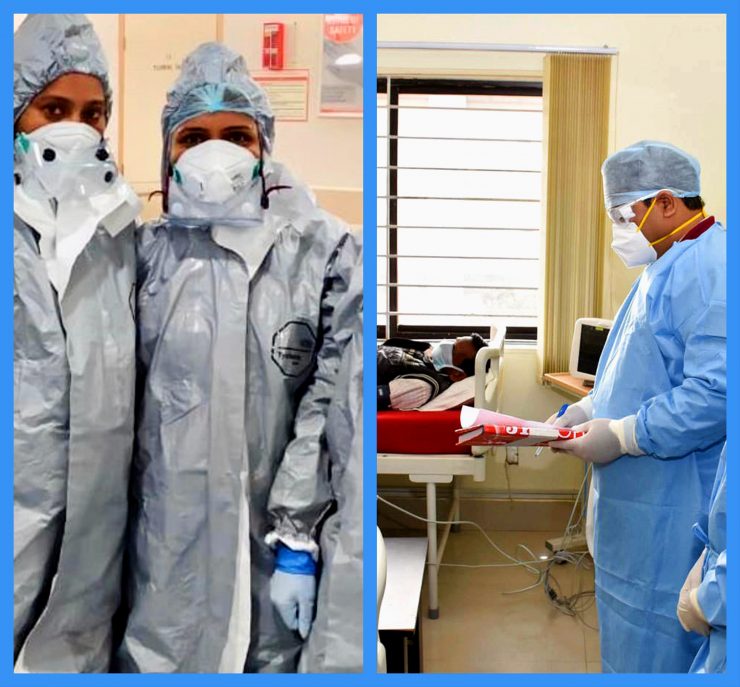While fixing vaccine supplies, the government also needs to take care of these three things it has ignored so far
The government and the Drugs Controller General of India (DCGI) finally seem to have woken up to the vaccine supply shortage problem. One day after the third vaccine, Sputnik V, was given emergency use authorisation by the DCGI, the government said it would allow the granting of emergency use approvals for vaccines that have been approved by regulators in the US, the UK, Europe, Japan or from the World Health Organization (WHO).
There are still a few things that will need tying up. Given that these are not general marketing approvals but emergency use approvals, the government may well remain the only buyer for the time being. That would mean negotiating price and supply quantities with the maker of each vaccine that will get these approvals. At a later stage, the DCGI may also give general marketing approvals – allowing these vaccines to be sold in the open market.
There is still a vaccine shortage across the globe and not just in India. Every country in the world, except the US which had stockpiled excess doses early, is trying to get additional vaccines. And therefore, the supply in India will not improve overnight. It could take anywhere between a fortnight to a couple of month before one can see the effects of the current move. But still a beginning to solve the vaccine issue has been made.
While making efforts to increase vaccine supplies though, the government needs to realise that this alone will not sort out the COVID problem. Indeed, it needs has been rather complacent in three areas which it needs to fix now. These are: increasing the supply of healthcare facilities and infrastructure as well as drugs needed to tackle COVID; ensuring that data collection on side effects, mutations, vaccine efficacy and other such issues is collected and analysed in real time; and finally, strictly ensuring COVID protocols of social distancing and masks and other precautions. In the last one particularly, the government has itself been rather cavalier in its attitude – it has not taken any measure to reduce election rallies, or other festivities that can become super spreading events. Nor have the ministers led by example by wearing masks and adhering to social distancing norms in their public meetings.
Take the first one. When new cases started coming down, there was a sense that things were going to be ok from now on. As a result, the urgency that was shown in trying to add ICUs and source ventilators, increasing the supply of oxygen tanks and concentrators, and create additional facilities came down.
 The government needs to realise that new mutations are coming out and it can expect regular spikes despite the vaccination efforts. It therefore needs to work with state governments and private healthcare companies to augment treatment infrastructure as well as work on things that are critical. It also needs to ensure that drugs required for treatment are not in short supply.
The government needs to realise that new mutations are coming out and it can expect regular spikes despite the vaccination efforts. It therefore needs to work with state governments and private healthcare companies to augment treatment infrastructure as well as work on things that are critical. It also needs to ensure that drugs required for treatment are not in short supply.
The current mess where there are no ICU beds available, ventilators and oxygen are in short supply and patients are trying to get their hands on essential drugs for treatment should not have happened a full year into the pandemic. The complacency is costing the country dearly and the government needs to ensure that it does not take things lightly any more.
The second issue is that of monitoring and data collection on after effects and other things such as new mutations. A number of healthcare analysts have pointed out that genome sequencing of new mutations is being done very slowly in India. Part of the problem is lack of infrastructure and facilities. And equally, some of the blame must be placed on not giving this critical area enough attention.
 Similarly, while there is some effort at monitoring after effects, too much of this is dependent on self reporting by patients. There is no formal follow up to track even a slice of the patient population and collect data on side effects. All these vaccines are very new and, as the US and other countries have realised, there will be a need monitor every side effect, no matter how rare, that shows up. India has so far not put in formal procedures to do so.
Similarly, while there is some effort at monitoring after effects, too much of this is dependent on self reporting by patients. There is no formal follow up to track even a slice of the patient population and collect data on side effects. All these vaccines are very new and, as the US and other countries have realised, there will be a need monitor every side effect, no matter how rare, that shows up. India has so far not put in formal procedures to do so.
Finally, there is the issue of wearing masks, social distancing and avoiding large gatherings. While political leader and ministers in the government talk about this from time to time, their own behaviour does not set an example for the other citizens. Large scale political rallies and religious gatherings are bound to pose dangers to all those that attend. Board examinations held in tightly packed halls are equally dangerous.
The government needs to realise that the Coronavirus will not go away just because it is ignored. And need to ensure that ministers lead by example and walk the talk when it comes to following safety protocols.
These steps can go a long way in bringing fresh cases under control.










Add comment